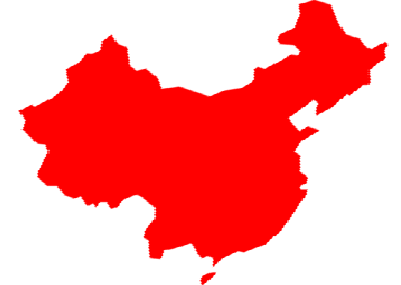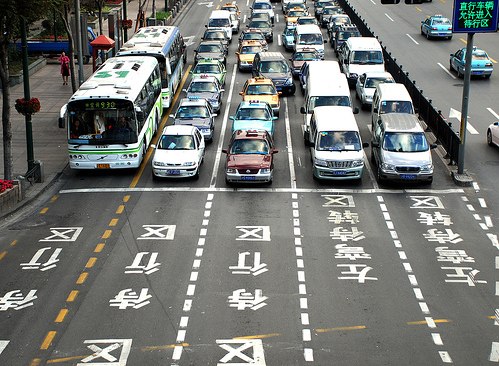Now Reading: Automakers targets tax policy, Lunar New Year for China car sales decline
-
01
Automakers targets tax policy, Lunar New Year for China car sales decline
Automakers targets tax policy, Lunar New Year for China car sales decline

China auto sales in January dropped by the largest margin since 2015 for a number of international automakers, with General Motors and Ford Motor blaming the roll back of a tax cut on small-engine automobiles and the Lunar New Year holiday.
Ford Motor stated on Thursday that its sales dropped 32 percent year-on-year, while General Motors stated sales declined 24 percent, making the biggest drop considering that the two automakers first began reporting information for retail sales of their automobiles in China in the second quarter of 2015.
China’s central government raised the purchase tax on automobiles with engines of 1.6 liters or less to 7.5 percent this year from an unique rate of 5 percent in 2016, a policy originally set up to shore up sales in a deteriorating economy. It prepares to return the rate to 10 percent in 2018.
“January was an unusual month with the earlier timing of the Chinese New Year holiday and the effect of the reduced tax incentive,” Ford said in a statement mentioning Peter Fleet, head of sales for Asia Pacific. “Sales of vehicles not affected by the tax incentive were strong.”
China yearly takes a one-week holiday for the Lunar New Year, which generally distorts sales in January and February as the dates differ each year.
On Wednesday, Toyota estimated a 18.7 percent fall in January sales, its biggest drop since March 2015.
Nissan reported a 6.2 percent sales decrease for the month, likewise mentioning seasonality and “the rush for vehicle purchase in December 2016” prior to the tax policy changed.
Honda, which has overtaken its US and Japanese rivals for the last two years, due to hot-selling sport-utility automobiles, said on Wednesday that sales increased 5.3 percent in January.
Stay Informed With the Latest & Most Important News
Previous Post
Next Post
-
 01Polestar Boss Says It’s Time To Outrun BMW M And Mercedes-AMG
01Polestar Boss Says It’s Time To Outrun BMW M And Mercedes-AMG -
 02Spy Shots: 2027 Mitsubishi Pajero Spotted in Testing Ahead of Possible U.S. Return
02Spy Shots: 2027 Mitsubishi Pajero Spotted in Testing Ahead of Possible U.S. Return -
 032026 Toyota Hilux EV: A Powerful Truck with Silent Torque
032026 Toyota Hilux EV: A Powerful Truck with Silent Torque -
 04Spy Photos: VW ID. Polo GTI Goes Electric with 223 HP and 280 Miles of Range
04Spy Photos: VW ID. Polo GTI Goes Electric with 223 HP and 280 Miles of Range -
![2027 Mercedes-Benz S-Class Debuts with V8 Engine [Photo Gallery]](https://speedlux.com/wp-content/uploads/2026/01/2027-Mercedes-Benz-S-Class-33-155x125.jpg) 052027 Mercedes-Benz S-Class Debuts with V8 Engine [Photo Gallery]
052027 Mercedes-Benz S-Class Debuts with V8 Engine [Photo Gallery] -
 06The Controversial Ford Voodoo V8 That Was Killed Off Too Early
06The Controversial Ford Voodoo V8 That Was Killed Off Too Early -
 07Hyundai Palisade’s Breakout Year Shows How Quickly the Market Can Turn
07Hyundai Palisade’s Breakout Year Shows How Quickly the Market Can Turn



![2027 Mercedes-Benz S-Class Debuts with V8 Engine [Photo Gallery]](https://speedlux.com/wp-content/uploads/2026/01/2027-Mercedes-Benz-S-Class-33-700x394.jpg)









































